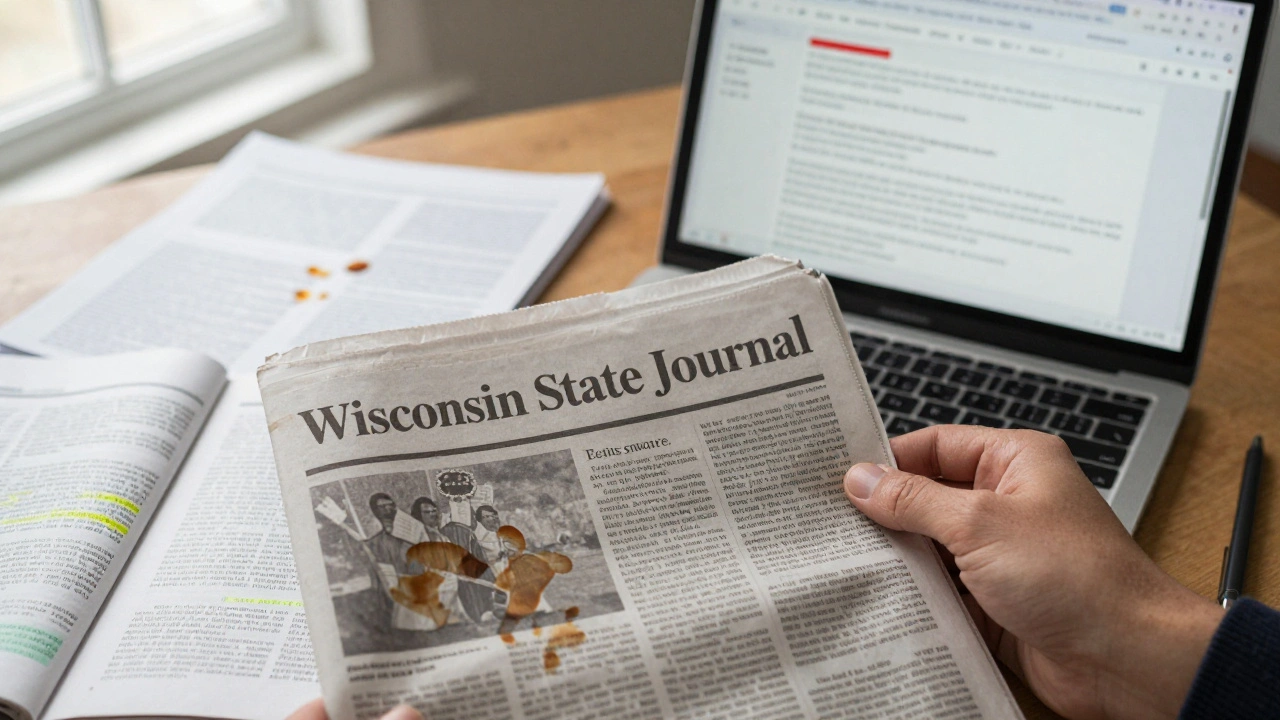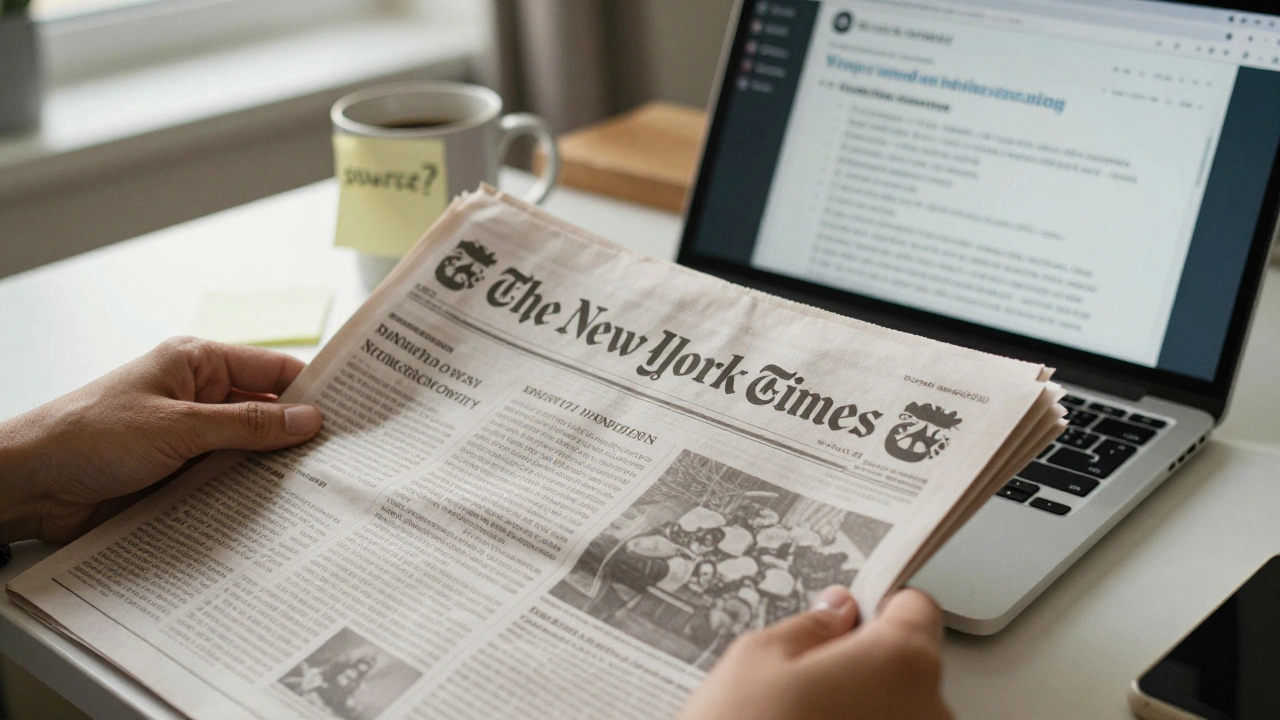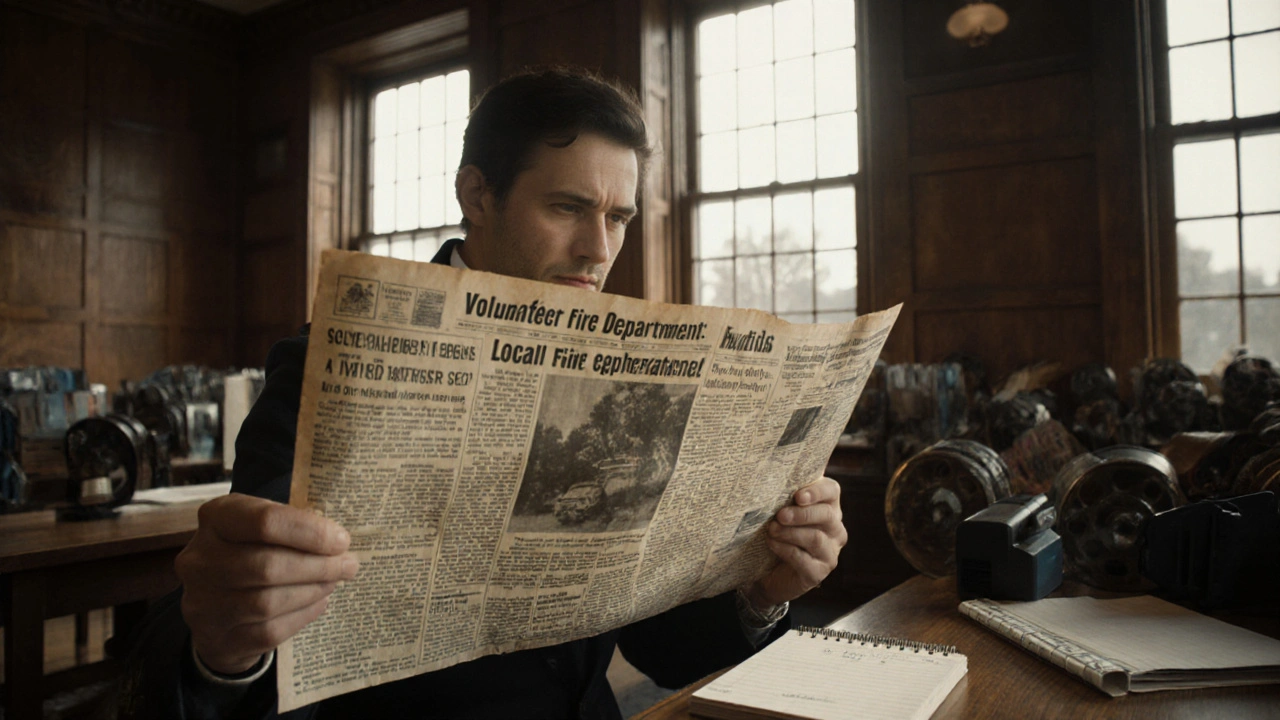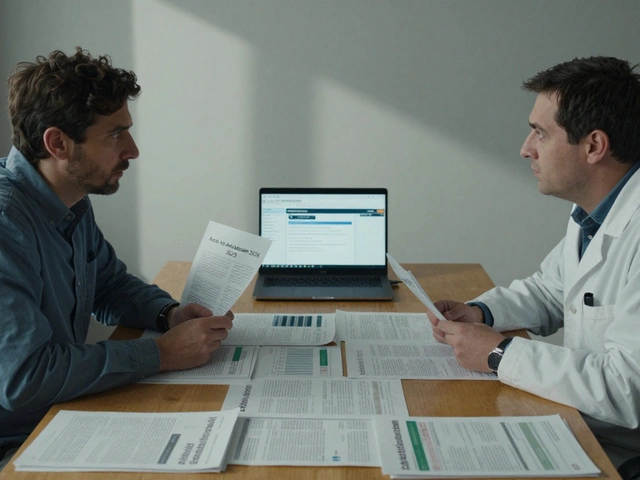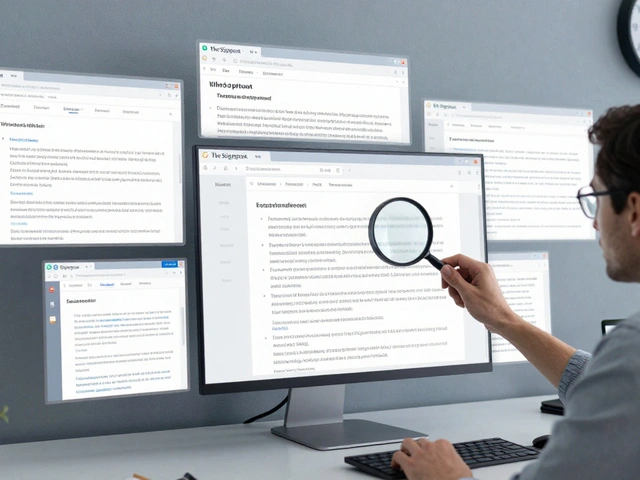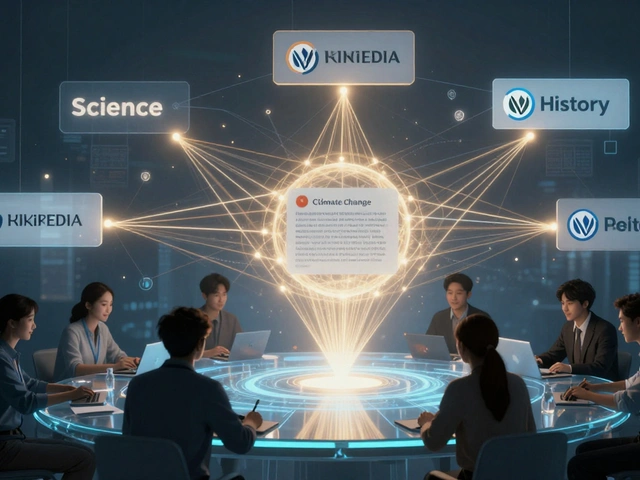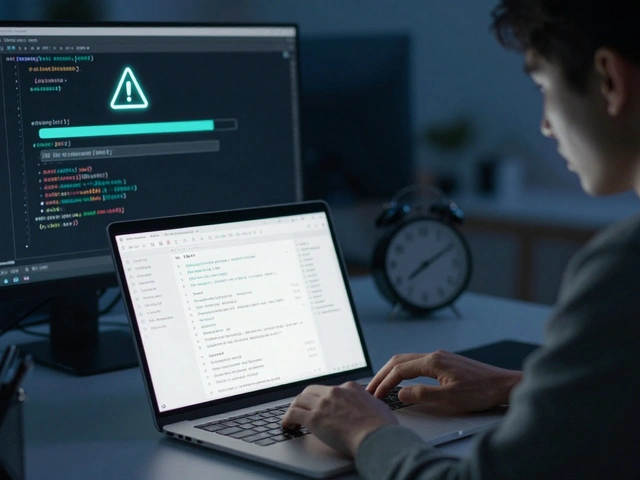Wikipedia article deletion: Why content gets removed and how the community decides
When a Wikipedia article gets deleted, it’s not because someone disagrees with it—it’s because it failed to meet the site’s core standards for Wikipedia article deletion, the formal process where volunteer editors assess whether a topic meets notability and sourcing requirements to remain in the encyclopedia. Also known as article nomination for deletion, this system keeps Wikipedia from becoming a directory of personal blogs, promotional pages, or unverified claims. Every deletion starts with a discussion, not a button. Editors don’t just delete—they debate, cite policy, and weigh evidence. This isn’t arbitrary. It’s the engine behind Wikipedia’s credibility.
The process relies on three key things: Wikipedia deletion policy, the set of rules that define what topics are notable enough to warrant an article, and what kind of sources are required to back them up, Wikipedia consensus, the collective judgment of editors who review the case and vote based on policy, not personal opinion, and Wikipedia cleanup, the ongoing effort by volunteers to remove low-quality, unsourced, or promotional content that doesn’t meet encyclopedic standards. You’ll find articles deleted for lacking reliable sources, being too promotional, or covering topics that don’t have enough independent coverage. A celebrity’s fan page? Gone. A local business with no press mentions? Often gone. But a small nonprofit with five major news features? That might stay. The difference isn’t size—it’s proof.
Deletion isn’t punishment. It’s curation. And it’s messy. Some articles get deleted quickly. Others fight for weeks in long discussions. Some come back after being improved. The system works because it’s open—anyone can join a deletion debate, cite a policy, or add a source. It’s not perfect, but it’s transparent. And that’s why Wikipedia still earns more trust than AI-generated encyclopedias, even when those tools spit out answers faster.
What you’ll find in the posts below are real stories from inside this process: how editors handle deletion requests, how policy shapes what survives, and how the community defends knowledge against bias, neglect, or corporate pressure. You’ll see how deletion debates connect to bigger issues—like systemic bias, copyright takedowns, and the fight to keep open knowledge alive. This isn’t about removing content. It’s about protecting what matters.
How to Improve Wikipedia Articles to Avoid Deletion
Learn how to improve Wikipedia articles to avoid deletion by meeting notability standards, using reliable sources, and writing in an encyclopedic tone. Practical steps for editors to keep their articles live.
How to Recover Sources to Save a Wikipedia Article from Deletion
Learn how to find and add reliable sources to save a Wikipedia article from deletion. Step-by-step guidance on locating credible references, citing them properly, and responding to deletion nominations.
How to Get Local Topics Accepted on Wikipedia: Meeting Notability in Small Markets
Learn how to meet Wikipedia's notability standards for local topics in small markets, avoid common deletion pitfalls, and use reliable sources like archives, government reports, and regional media to get your community's history documented.
